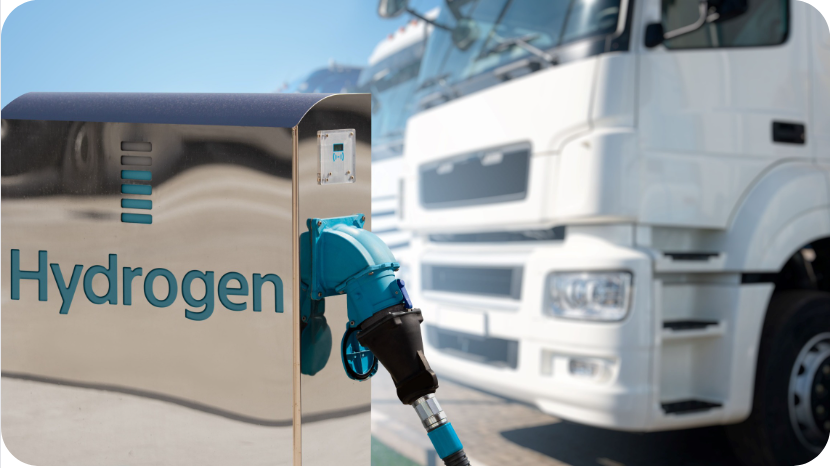

|
Country: South Africa |
| Sector: Low-carbon policy |
| Expert partners: E Co. Ltd. Strategy Development Solutions Ltd |
Setting up the policy framework for South Africa’s Hydrogen Society Roadmap.
This skill-share supported South Africa’s Department for Science and Innovation (DSI) in establishing and embedding an effective theory of change and a monitoring, evaluation and learning (MEL) framework into the development of their Hydrogen Society Roadmap (HSR).
The Hydrogen Society Roadmap sets the strategies and policy direction to help bring together private and public stakeholders and institutions around a common vision for the role of hydrogen and hydrogen-related technologies in accelerating the country’s economic growth and climate commitments.
The Roadmap informs all relevant parties in South Africa of the potential and immediate benefits of developing and deploying hydrogen technologies, and how they can be integrated into the South African Renewable Energy Masterplan.
The HSR aims to enable South Africa to transition to cleaner energy technologies and enable the country to position itself to supply green hydrogen to meet global demand, (particularly from resource-constrained countries), benefiting the South African economy.
This skill-share helped develop and strengthen longer term strategic thinking for the hydrogen society roadmap. It allowed the DSI and its state and non-state partners to develop a robust, implementable, and measurable roadmap. It helped enhance cross-sectoral knowledge about hydrogen, and set the policy framework for the development of the hydrogen economy in South Africa.
Key Actions:




——

UK PACT (Partnering for Accelerated Climate Transitions) is a unique capacity-building programme. Jointly governed and funded by the UK Government’s Foreign, Commonwealth and Development Office (FCDO) and the Department for Energy Security and Net Zero (DESNZ) through the UK's International Climate Finance, it works in partnership with countries with high emissions reduction potential to support them to implement and increase their ambitions for tackling climate change.
© Copyright 2025 UK PACT Privacy Notice Cookie Policy